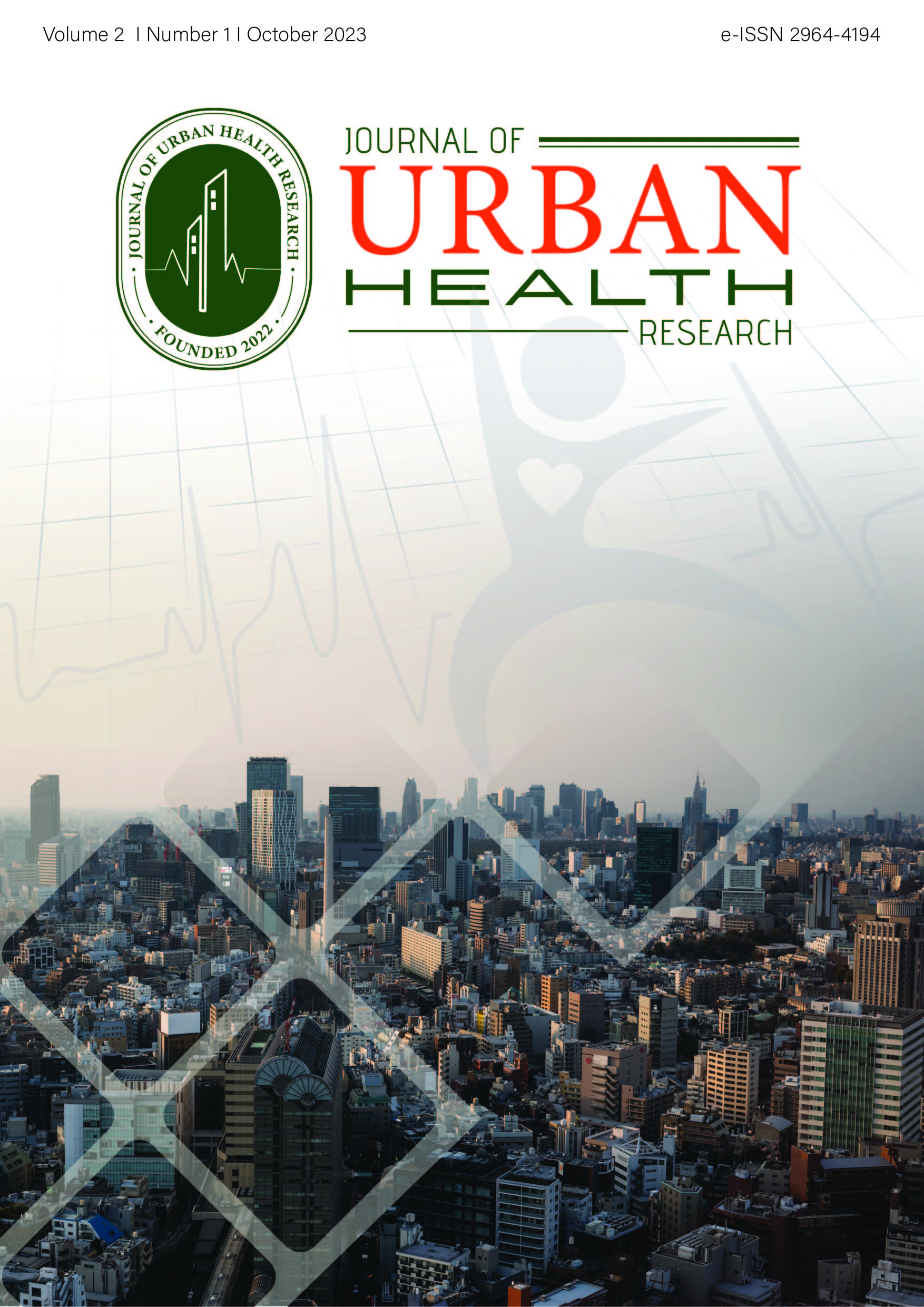The Correlation of Caffeine Levels Consumption with Sleep Quality Levels of Active Students
DOI:
https://doi.org/10.25170/juhr.v2i1.4615Keywords:
sleep quality, caffeine consumption, Medical StudentsAbstract
Introduction: Caffeine is one of the many stimulants found in popular foods and beverages consumed bythe global population. Caffeine has many benefits if it is consumed in accordance with recommended daily doses, such as reducing fatigue and facilitating activity. Caffeine consumption in excess is detrimental to the body, particularly the quality of sleep. Numerous students consume caffeine with the intention of enhancing daytime performance, but they disregard its negative effects, particularly on sleep quality.
Methods: This is a cross-sectional study using data collected with the Pittsburgh Sleep Quality Index (PSQI) and a questionnaire for caffeine content based on BPOM for active students at the Faculty of Medicine and Health Sciences, Atma Jaya Catholic University, classes of 2019–2021. The Spearman test was performed to determine the relationship between the independent variable (caffeine intake) and the dependent variable (sleep quality levels).
Results: There were forty respondents who satisfied the inclusion criteria. 20% of respondents had good sleep quality, whereas 80% of respondents had poor sleep quality. 60% of respondents consumed low amounts of caffeine or none at all (<32 mg), while 40% consumed high amounts of caffeine (>151mg). The analysis utilizing the Spearman test revealed that some outcomes had no effect (p = 0.876) while others did (r = 0.026).
Conclusions: There is no correlation between caffeine consumption and sleep quality among active students at Atma Jaya Catholic University's School of Medicine and Health Sciences.

Downloads
Published
Issue
Section
License
Copyright (c) 2023 Yellica Veronica, Heidy, Nelson Sudiyono

This work is licensed under a Creative Commons Attribution-NonCommercial-ShareAlike 4.0 International License.













